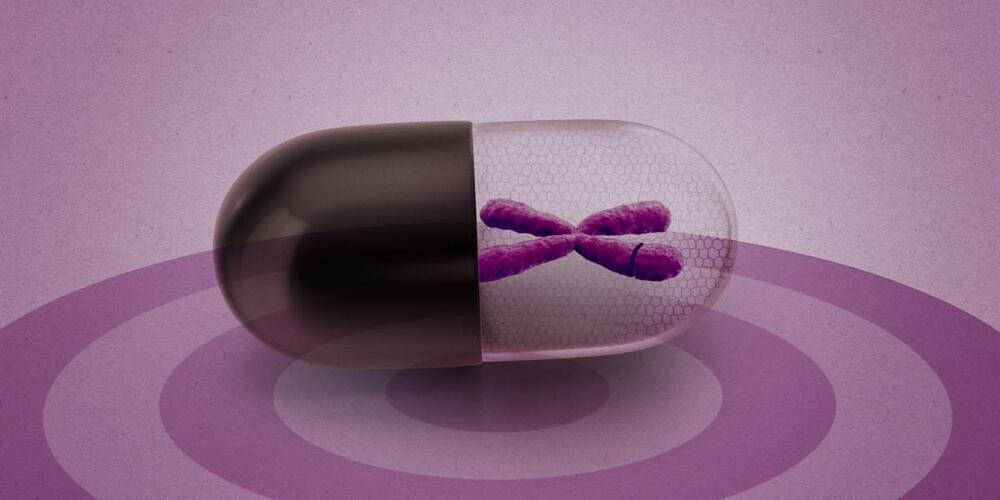Premium Robots: https://taimine.com/
Deep Learning AI Specialization: https://imp.i384100.net/GET-STARTED
A new multimodal artificial intelligence model from Microsoft called Kosmos-1 is able to process both text and visual data to the point of passing a visual IQ test with 26 percent accuracy, and researchers say this is a step towards AGI. Stable Diffusion AI can now read brain waves to reconstruct images that people are thinking about. Stanford has created a world record brain computer interface device with the help of AI to allow patients to type 62 words per minute with their thoughts.
AI News Timestamps:
0:00 Microsoft Kosmos-1 AI & AGI
3:34 AI Neuroscience Tech Reads Brain Waves.
5:43 AI & BCI Breaks Record.
#technology #tech #ai




